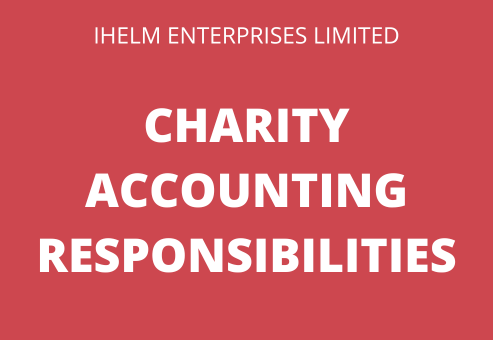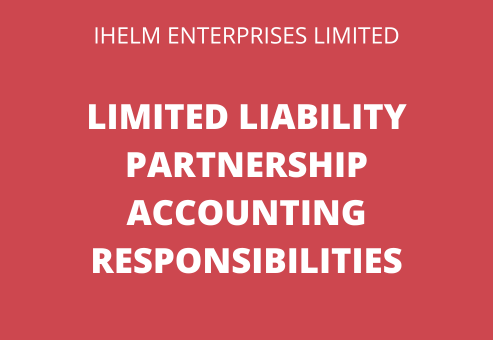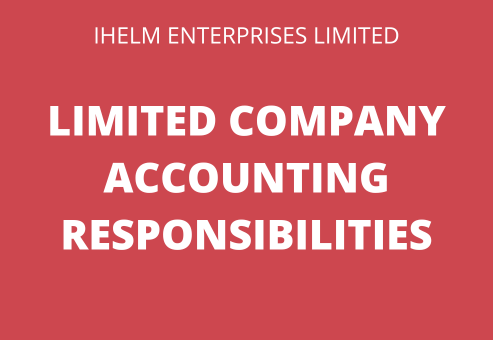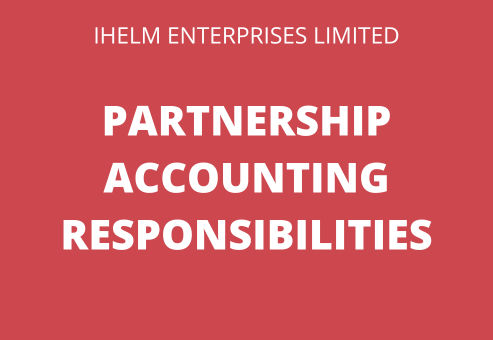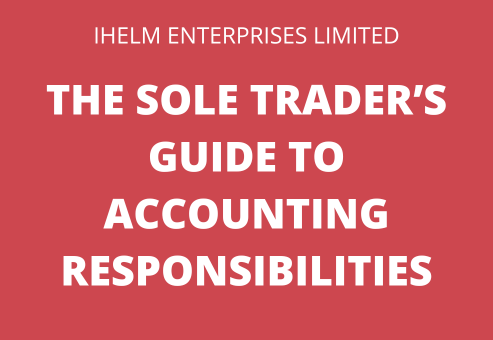During May’s Facebook Live, I talked a little about the history of Ihelm Enterprises and shared what I have learned over the last 20 years of running my own business.
When I was little, I thought about what I wanted to be – a teacher, a child psychologist, a writer, a princess – obviously none of these dreams came true. What I never once dreamed about was running my own business, so how did I end up setting up a limited company 20 years ago?
As a lot of my clients and friends know, I have several health issues, though at the time I set up Ihelm Enterprises, I only had endometriosis. Another thing a lot of people know about me is that I am Canadian and moved here in 2003 to marry my now husband.
After we were married and I received my settlement via, I was finally able to work. I found a lovely job as an office manager with a small company that wanted to grow. About 9 months after I started working, the endometriosis came back, and I required time off and was in the hospital. After getting out of the hospital, at a check-in meeting with my manager, the owner of the company became very angry with me when I asked about my wage. I was yelled and sworn at, which resulted in me resigning then and there and leaving the company. Obviously, I was quite upset about this.
When I got home, I went into the garden and was talking to my husband over the phone. Our neighbour heard me, poked his head over the fence and asked if I was okay. I explained the situation and he asked what it was I did – so I said I was a bookkeeper. He hired me on the spot to do his accounts.
That night, on May 20th, 2004, I set up Ihelm Enterprises and started my journey as a business owner.
At first, I decided to offer website hosting, website design and bookkeeping. My husband was a database administrator and programmer, and I was a fully qualified bookkeeper.
When I set the business up, it wasn’t really a common thing to work as a remote bookkeeper, and getting clients took a lot of work as there weren’t sites like Facebook, Instagram, LinkedIn, where you could reach a lot of people – advertising was a lot more localised and involved letter writing, leaflet drops, face-to-face meetings. I did belong to a parenting forum and gained some bookkeeping and web clients from there – a few are still clients today. I was working remotely as a bookkeeper with clients in Scotland all the way down to the South of England before remote working was a thing.
As technology changed and social media entered the arena, the cloud became a useful tool, and with the ability to reach more people around the country, the way I advertised changed. Instead of leaflet drops and letter writing, it’s now advertising on social media, emailing businesses and accountants, connecting with others through networking and social media. The way I work with bookkeeping clients has also changed. I specialise in using QuickBooks Online which I can access anywhere I have an internet connection. The information I need from clients is now rarely provided in paper format, unless the client is local. I no longer get packets of paperwork through the post – it’s all dealt with via e-mail or the cloud. When Covid hit and lock downs happened, I was already way ahead of the game because I had been working remotely for 16 years.
Over the years, I have changed the services that I provide – while I still provide website hosting and some website support, I no longer provide website design, and I focus more on providing bookkeeping services.
So, what are some of the things I have learned over the last 20 years that I would tell my past self if I could?
- Decide on your boundaries in terms of working hours and how you can be contacted before you take on any clients. Communicate that information clearly to clients and stick to them.
- Think about who your ideal client is and focus on getting those types of clients.
- Outsource!! You are one person and cannot do it all. Outsource the things you are not good at to people who are so you can focus on what you do best – which is working with your clients.
- Processes – as you are going through the daily tasks you need to do to keep your business running, document them. Create a document that has information about how you run your business and work with your customers. It will come in handy as your business grows and if you need to hire staff.
- Value yourself!! This is probably one of the biggest things I’ve learned in my journey. Do not undersell yourself. Make sure when you are working out your pricing, that you take into consideration any training you’ve had to have, your knowledge, experience, skills – you deserve to be paid for these things so make sure when you are selling your services, the price takes those into consideration.
There are so many other things I have learned over the last 20 years, but I would be here for hours.
A business will always be evolving and changing. It will always grow and shrink. The key thing is to learn how to adapt to those changes. There will be times when your personal life has to take the lead, and this can be hard to juggle if you are the only person within your business, but it is your business, and you can choose how to run it.
My business journey has not been straightforward or easy because of my health and my daughter’s, but I learned how to adapt and changed how I ran the business to accommodate what was going on in our personal lives. I am constantly learning new things and tweaking processes – it is a constant learning curve.
Did I ever dream or plan on running my own business? No. Do I ever wish I hadn’t set it up? No. Do I know what the future holds for my business? No. What I do know is that even when things have been difficult and I’ve had challenges to overcome both professionally and personally, I’ve never once regretted setting up Ihelm Enterprises. I am amazed at what I have achieved with my business over the last 20 years, and I can’t wait to see what happens over the next 20 years.
Running a business is not easy. It is challenging, frustrating, exhilarating. Every business owner is different in what they want from their business and how they achieve that. Making mistakes and learning from them will help you make your business successful.
Thank you to all the clients I’ve had over the years, my current clients, the many people who have supported me in various ways and my friends and family. I wouldn’t be celebrating 20 years of my business if it wasn’t for all of you.
If you have any questions about my business journey and what I have learned, please feel free to e-mail me.



